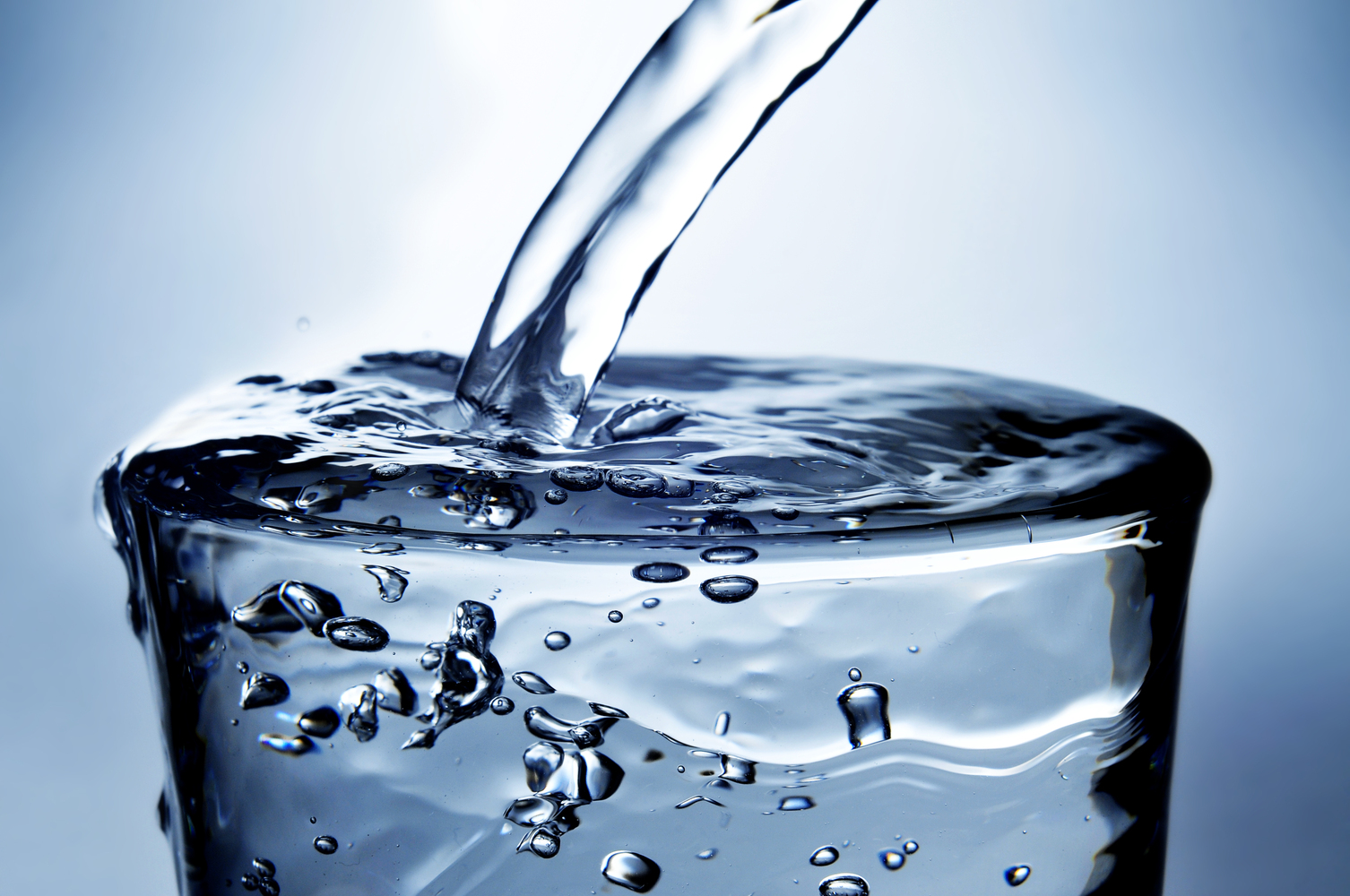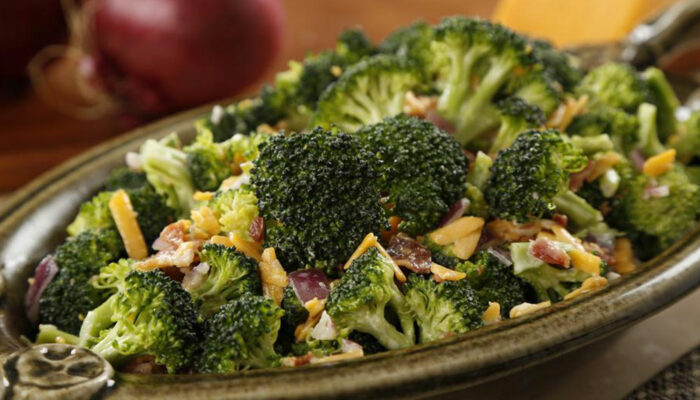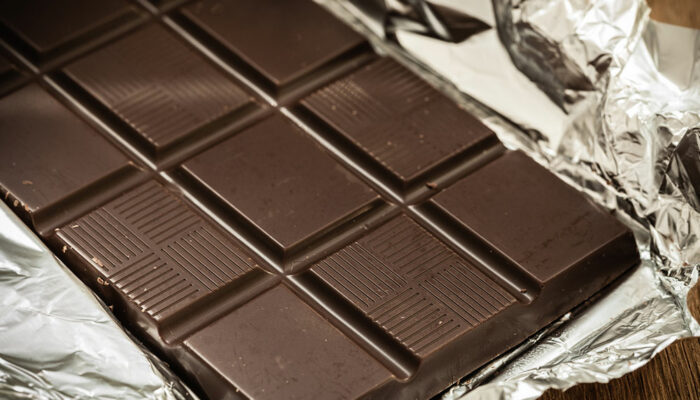
The Truth About Water and Some Common Misconceptions
Water is the elixir of life. It is a vital substance that every human being needs to survive. Different types of water are available, including filtered water, water for diabetics, and flavored sparkling water. Your choice of the water bottle can considerably impact your daily water intake. Ensure you select one of the best water bottles in the market. Here are five truths about drinking still or sparkling water that you should know:
1. You can overhydrate
Maintaining adequate hydration is crucial, but excessive fluid intake can result in a medical condition called hyponatremia, which occurs when sodium concentration in the blood becomes overly diluted. It can result in symptoms such as headaches, nausea, vomiting, and even seizures. Modifying your water intake and paying attention to your body’s signals is crucial to avoid hyponatremia. Adequate hydration is necessary, but you should avoid excessive consumption.
2. You’re not always thirsty when dehydrated
Although we typically associate dehydration with feeling thirsty, this may not always be the case. In reality, you could already be dehydrated when you sense thirst. Furthermore, symptoms like dry mouth, headache, fatigue, and dizziness may indicate dehydration. As a result, drinking water at regular intervals is crucial, even if you don’t feel thirsty. For you to maintain adequate hydration during exercise or in hot weather, it is even more important to drink plenty of water. Being aware of your body’s signals and drinking water regularly is vital to maintaining proper hydration levels and avoiding dehydration.
3. Certain foods can also help you stay hydrated
While drinking water is the conventional way of staying hydrated, other alternatives are available. Certain fruits and vegetables, like watermelon, cucumber, and strawberries, contain significant amounts of water, which can help keep you hydrated. Additionally, soups, broths, and herbal teas are excellent sources of hydration. If you find it challenging to drink enough water, incorporating more water-rich foods into your diet can be a practical solution. It can also add more variety to your diet and provide additional health benefits from the nutrients in those foods. Therefore, exploring various hydration options, including food, is beneficial to help meet your daily hydration needs.
4. Sports drinks vs. water aren’t always the best choice
Although sports drinks are advertised as a means to replenish electrolytes lost during physical activity, they are not necessarily superior to water. Most sports drinks contain added sugar and calories, which can be counterproductive if weight loss is a goal. Unless you are participating in prolonged and intense exercise, water remains the optimal choice for hydration. It is important to note that excessive consumption of these drinks can lead to excessive calorie intake, ultimately impeding weight loss efforts. As such, it is advisable for individuals attempting to manage their weight to choose water as their primary source of hydration.
5. Not everyone requires 8 glasses of water per day
The belief that drinking eight glasses of water daily is a universal requirement is unfounded. The necessary water intake varies based on several factors, including age, body weight, physical activity, and environmental conditions. According to the Institute of Medicine, men’s recommended daily water intake is approximately 3.7 liters. It is around 2.7 liters for women, including fluids from food and other beverages. It is important to note that the daily water intake can differ depending on individual circumstances. For instance, athletes and individuals in hot and humid environments require more fluids to maintain adequate hydration. Therefore, monitoring one’s fluid intake and adjusting it is crucial to avoid dehydration.
Drinking water is essential for good health, but many myths and misconceptions about hydration exist. Remember to drink water regularly, even if you don’t feel thirsty, and pay attention to your body’s signals to avoid overhydration. Energy drinks are not better than water, and everyone’s hydration needs are different. Finally, remember that drinking liquid is not the only way to stay hydrated. Many fruits, vegetables, and other foods can help you meet your hydration needs. You can stay healthy, happy, and hydrated by understanding the truth about water and hydration.



